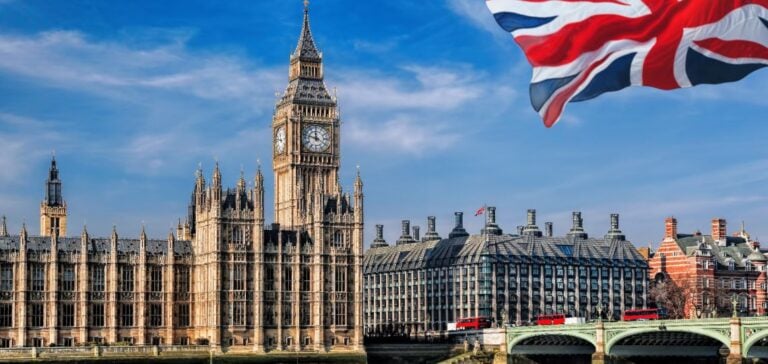The United Kingdom and Qatar have sealed an ambitious partnership in climate technologies, according to an announcement made on Wednesday. This agreement includes a one-billion-pound (£1.21 billion) investment by the emirate in projects aimed at developing technological solutions to combat climate change. British Prime Minister Keir Starmer called this commitment a “significant step forward” during his meeting with Qatar’s Emir, Sheikh Tamim bin Hamad Al-Thani, at Downing Street.
Both leaders emphasized the importance of continuing to strengthen bilateral investments. To date, Qatar has injected more than 40 billion pounds (£48 billion) into the British economy and plans to invest an additional 10 billion pounds by 2027.
Job Creation and New Technology Hubs
According to the official statement, this partnership is expected to generate thousands of high-skilled jobs through the establishment of climate technology hubs in both countries. These facilities will aim to develop cutting-edge technologies in fields such as clean energy, resource management, and low-carbon innovations.
Additionally, the two nations will collaborate on other research initiatives, including a joint academy for genomic medicine, which will leverage data from genetic sequencing, and a joint commission on artificial intelligence (AI).
Qatar’s Enhanced Role on the Global Stage
On the sidelines of this agreement, Starmer praised Qatar’s role in international mediation efforts, notably in securing the release of Israeli hostages held by Hamas following the October 7, 2023, attack. This recognition comes as the UK continues to negotiate a broader trade deal with Gulf monarchies, a post-Brexit strategic priority.
The British government is also seeking to finalize a free trade agreement with the Gulf Cooperation Council (GCC), which includes six countries, including Qatar. However, concerns about human rights and environmental issues have been raised by a parliamentary committee, urging the government to avoid compromising fundamental values during these negotiations.
Towards Strategic Alignment
The official visit of Qatar’s Emir to the United Kingdom, marked by meetings with King Charles III and a dinner hosted at the residence of the Lord Mayor of London, reflects a deepening of ties between the two nations. London views Qatar as a key partner to diversify its economic relations post-Brexit while strengthening its position in strategic sectors such as energy and technology.






















